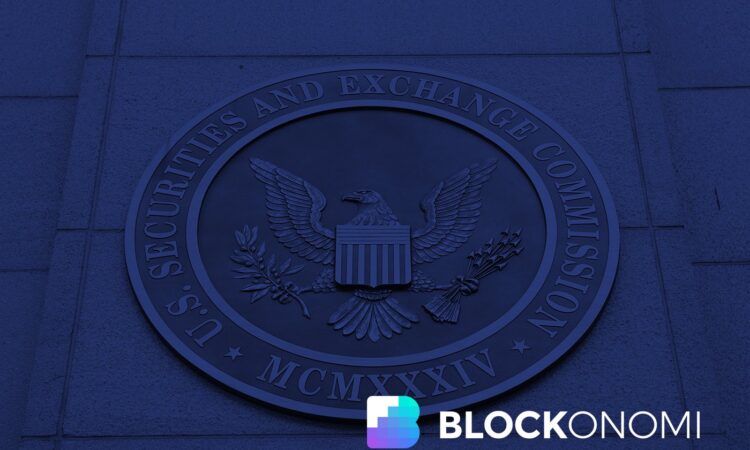
Kraken Founder Jesse Powell has warned of “new threats to the industry’s reputation” following the saga that forced Binance Founder Changpeng Zhao to step down. Stopping short of celebrating the results of the Binance investigation, Powell expressed that the decision made the industry feel “more fair” despite the emergence of “New Threats”.
There is no doubt that the US and EU are taking a harsh stance on cryptos.
The SEC is Also Going After Kraken
Powell, who stepped down as Kraken’s CEO back in April, has become one of the most important players in the crypto industry, especially in the United States. The exchange Powell co-founded back in 2011 has become one of the only companies to operate from American soil, which has made it highly susceptible to regulatory scrutiny.
When the Securities and Exchange Commission (SEC) and other regulators were cracking down on crypto, many believed that exchanges like Coinbase and Kraken would gain a competitive advantage. This, however, was not the case.
Kraken and Coinbase were both sued by regulators earlier this year despite their past collaboration with regulators. Powell was critical of the lawsuit against Kraken, claiming that the “SEC is clearly bringing cases in order of convenience” as it is easier than “going after the most egregious offenders offshore”.
A $30 settlement between the SEC and Kraken had already been reached earlier this year, forcing the exchange to stop its staking service in the United States. Powell described the latest lawsuit as being extorted again as “$30m [only] buys you about 10 months.”
Are Regulators Looking for Scapegoats?
With regulators refusing to offer regulatory clarity and the crypto industry failing to earn public trust, Binance’s finances could be central to deciding the future of crypto. Most of the debate has now focused on the use of cryptocurrencies for illicit purposes, which has further eroded recent efforts by the industry to increase transparency.
Despite efforts by industry leaders to improve crypto’s reputation by self-policing, bad actors have continued to emerge. According to Powell, regulators and governments are taking advantage of every “dodgy transaction” to “scapegoat crypto and tighten the noose”.
The idea that cryptocurrency is especially useful for bad actors to launder money is nothing new. Back in 2021, Janet Yellen claimed that cryptocurrencies were mainly used for illicit financing, an assertion that was widely accepted despite being proven to be a false narrative by data from organizations like Chainalysis and even the United Nations.
The way the case against Binance and its founder has been portrayed over the past few days has led many people to believe crypto shouldn’t have a place in today’s economic system. This idea, however, couldn’t be further from the truth.
A Pattern Not Unique to Crypto
Binance’s $4.3B fine obeys its operation without the proper registrations and fails to “have adequate know-your-customer compliance controls”, according to the Commodity Futures Trading Commission.
Binance’s failure to stop illicit activity in its ecosystem has been deemed as unwillingness by regulators like the SEC. This failure or unwillingness, however, shouldn’t be depicted as representative of the industry as a whole nor only applicable to it.
Earlier this year, Deutsche Bank was fined $186 million for failing to fix its money-laundering controls, some of which had been flagged by regulators over 8 years ago. Traditional finance giants like HSBC, JPMorgan Chase, and Danske Bank have also been targets of enforcement actions for similar incidents over the past decade.
The International Consortium of Investigative Journalists found in 2020 that several global banks moved more than $2 trillion in transactions flagged as possible illicit activity. Many of these transactions allowed Mexican drug cartels, terrorist organizations, fraudsters, and corrupt governments to operate for years.







